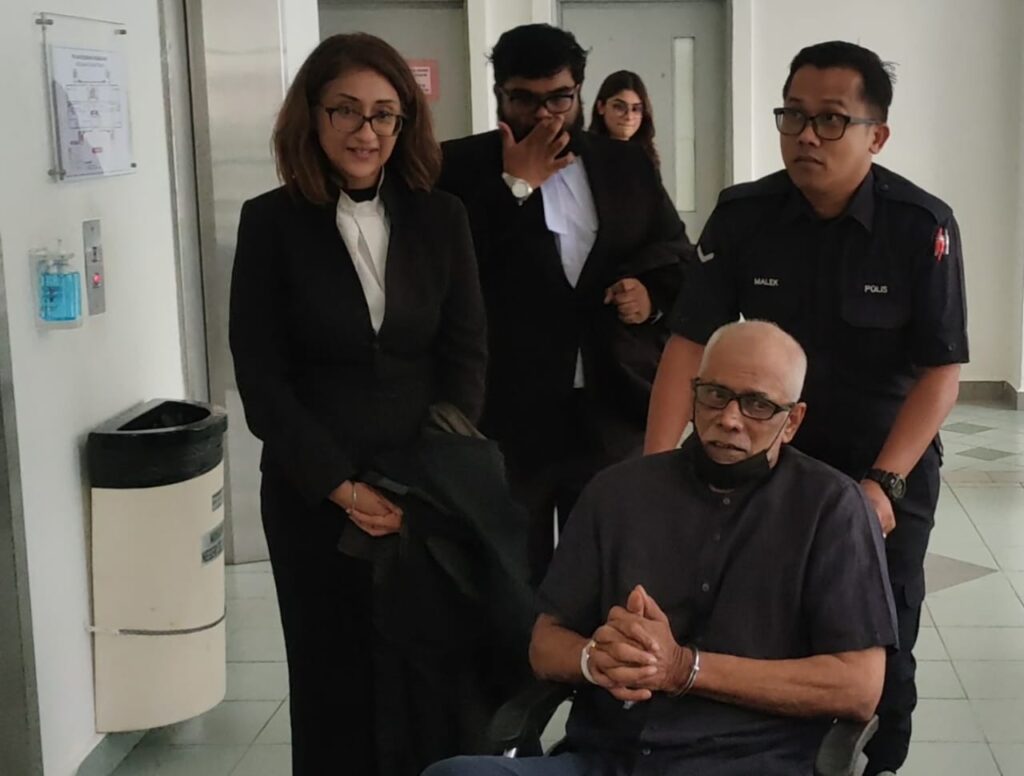
In a recent ruling by the High Court in Shah Alam, a retired military personnel, Amiruddin @ Nadarajan Abdullah, was spared the death penalty and sentenced to nine years in prison for drug-related offenses, including the possession of marijuana. The case, which involved the possession of 77.84 kilograms of marijuana, initially faced 16 charges under Section 39B(2) of the Dangerous Drugs Act 1952, but these were later amended to Section 6 of the same act for possession of the drug.
Following the conclusion of the defense’s case, Judge Julia Ibrahim delivered her decision, stating that the defense failed to raise reasonable doubt regarding the guilt of the accused, also known as ‘Dr Ganja.’ Despite the defense’s claim that Amiruddin turned to marijuana for alternative medical treatment due to various health issues faced by his stepson, who served in the Malaysian Armed Forces, the court firmly stated that this could not be used as justification for his actions.
Amiruddin was sentenced to five years in prison for cultivating marijuana plants and an additional 18 charges of possessing 20 to 50 grams of the drug, in accordance with Section 6 of the Dangerous Drugs Act 1952. Furthermore, he received nine years’ imprisonment for possessing 181.65 grams of marijuana under Section 39A(1) of the act, and an additional six months for the act of administering drugs into his body under Section 15(1)(a) of the same act.
During the mitigation appeal, Amiruddin’s defense lawyer, Sangeet Kaur Deo, highlighted his stepson’s multiple health issues, including hypertension and diabetes. She argued that a conviction would lead to the loss of his pension and appealed for a lenient sentence as a form of learning lesson. On the other hand, the Deputy Public Prosecutor, Raja Zaizul Faridah Raja Zaharudin, countered that despite being a first-time offender with health problems, Amiruddin’s actions could not be justified or used to reduce his sentence. The prosecution urged the court to impose a harsh penalty as a deterrent to the public, emphasizing the importance of upholding the rule of law.
Judge Julia Ibrahim made it clear that being a former military personnel, Amiruddin should have been well aware of the laws under the Dangerous Drugs Act 1952. While acknowledging that his actions may have been driven by desperation to seek alternative treatment, the court asserted that such reasons cannot excuse illegal activities. The court hoped that the verdict would serve as a deterrent to others who might consider using drugs for medical purposes without proper authorization.
picture by Kosmo!